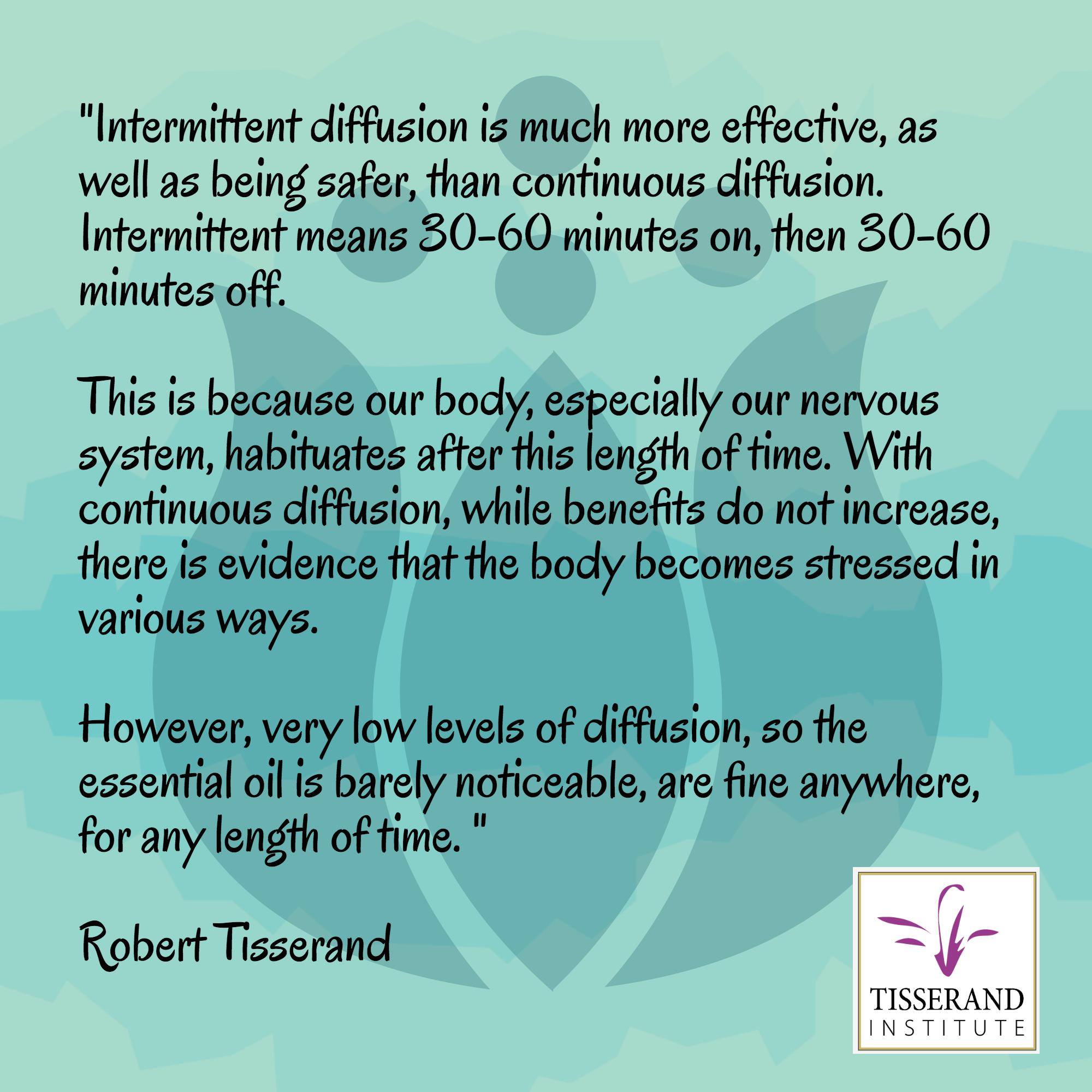
by Hana Tisserand | Mar 14, 2017
Safety guidelines for diffusion: “Intermittent diffusion is much more effective, as well as being safer, than continuous diffusion. Intermittent means 30-60 minutes on, then 30-60 minutes off. This is because our body, especially our nervous system, habituates...
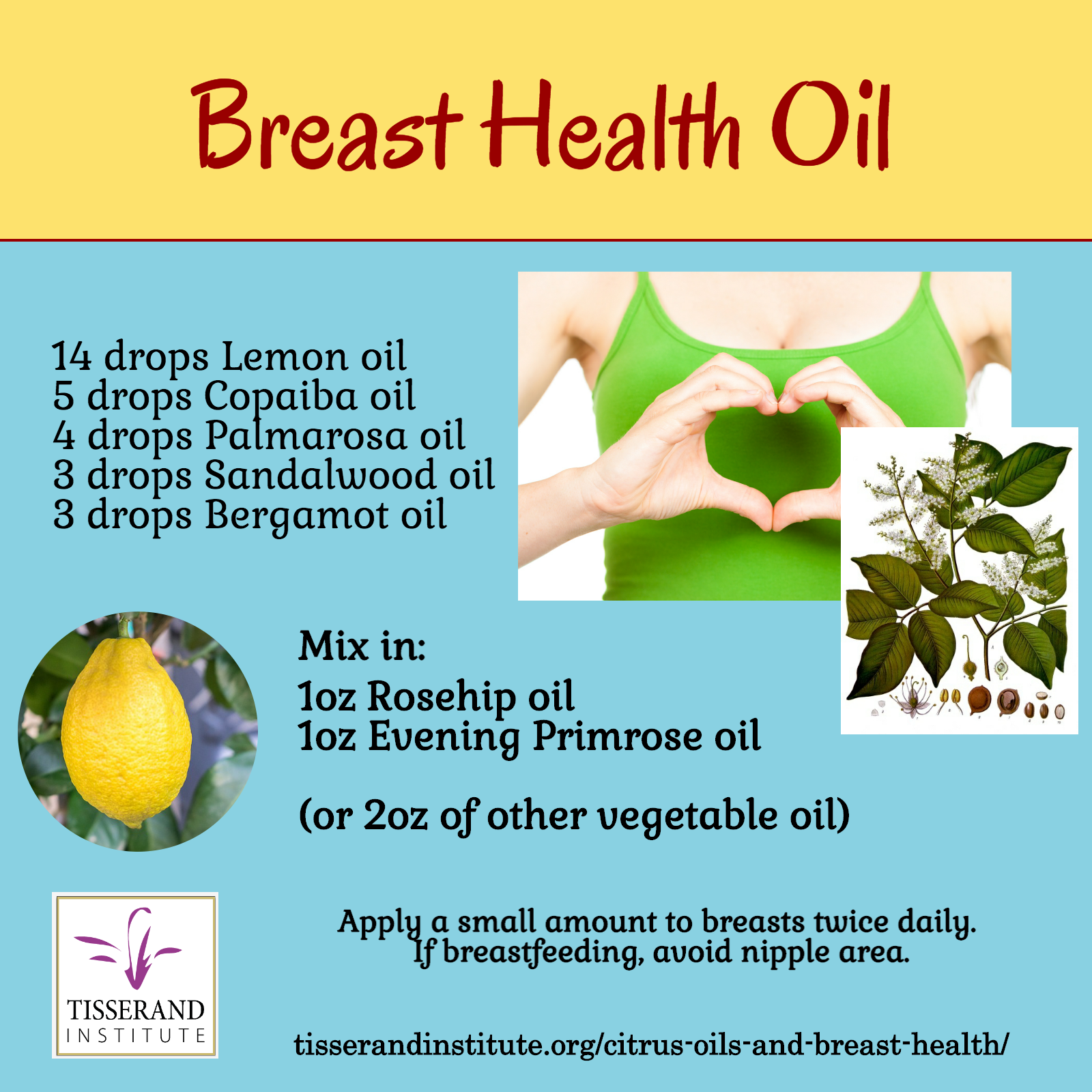
by Hana Tisserand | Mar 13, 2017
There is growing evidence that citrus fruit, and limonene-rich citrus essential oils, could play a role in the prevention of breast cancer. It is not implausible that combination of fresh oranges, green tea and a topical essential oil formulation could be preventive...
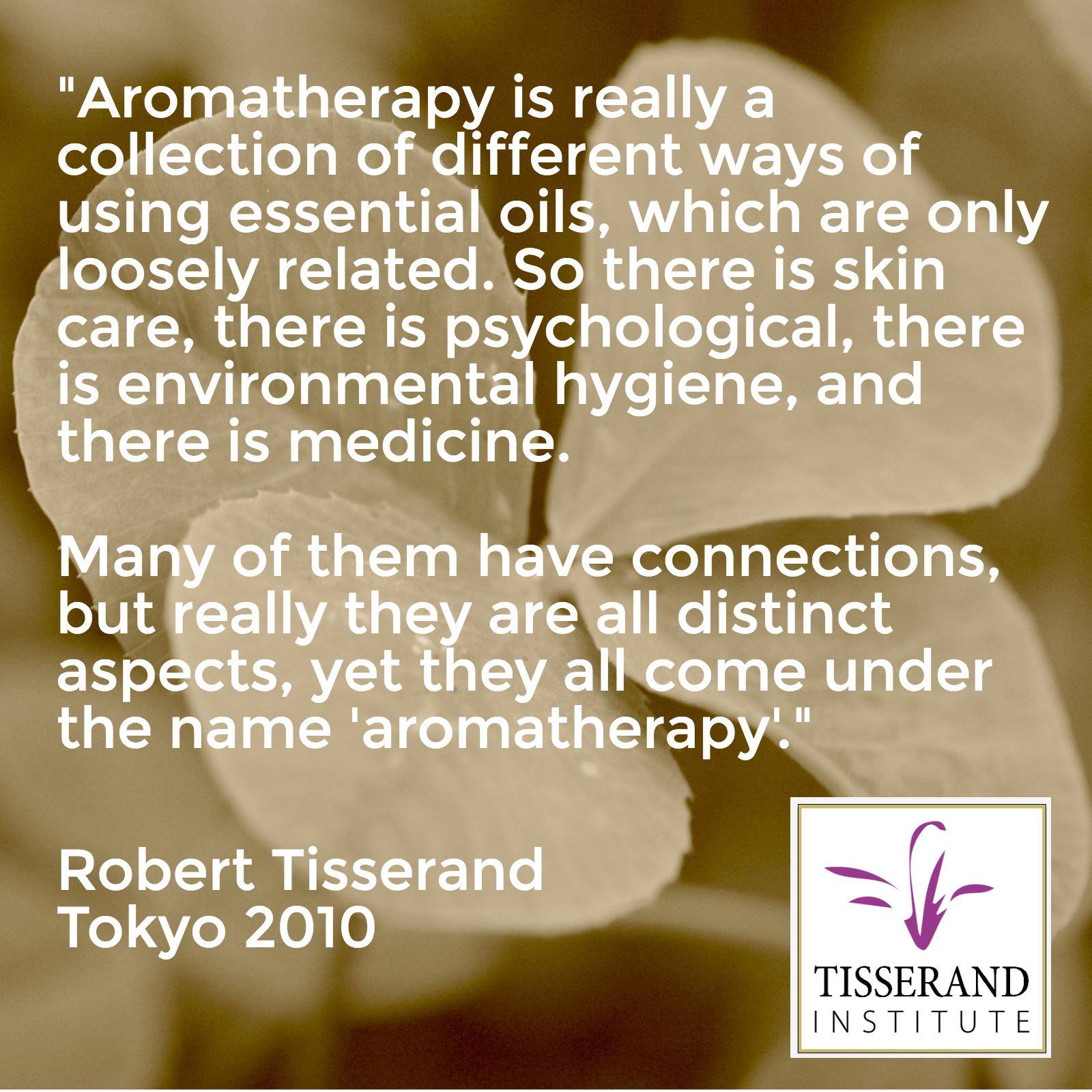
by Hana Tisserand | Mar 11, 2017
“Aromatherapy is really a collection of different ways of using essential oils, which are only loosely related. So there is skin care, there is psychological, there is environmental hygiene, and there is medicine. Many of them have connections, but really they...

by Hana Tisserand | Mar 10, 2017
We were asked a question about how to approach safety discussions, and this was in the context of people ingesting essential oils and using them undiluted on the skin. Here at RTET we are open to debating any point, so long as the debate is civil. Below are some basic...
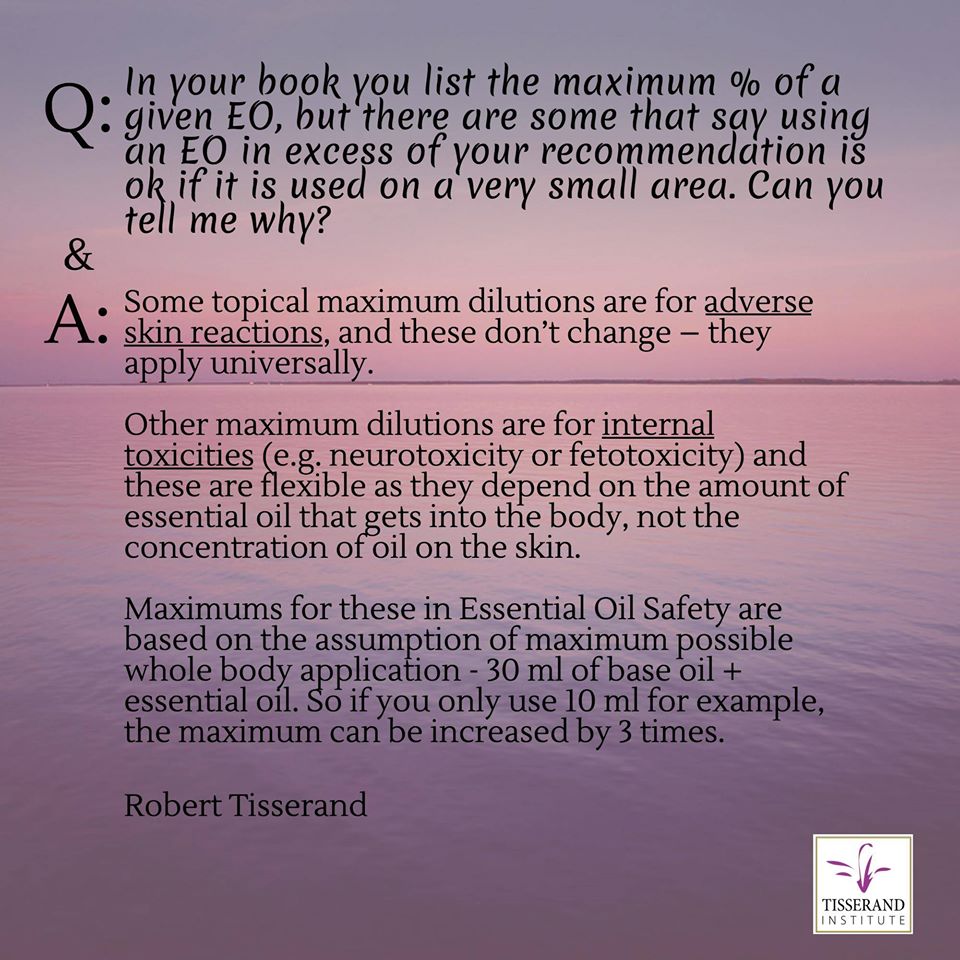
by Hana Tisserand | Mar 8, 2017
Question (by Lora Carbo Cantele): Can you clarify why using a topical (such as a roll-on) that contains say a 5% dilution of EOs on a very small location may be unsafe? In your book you list the maximum % of a given EO, but there are some that say using an EO in...
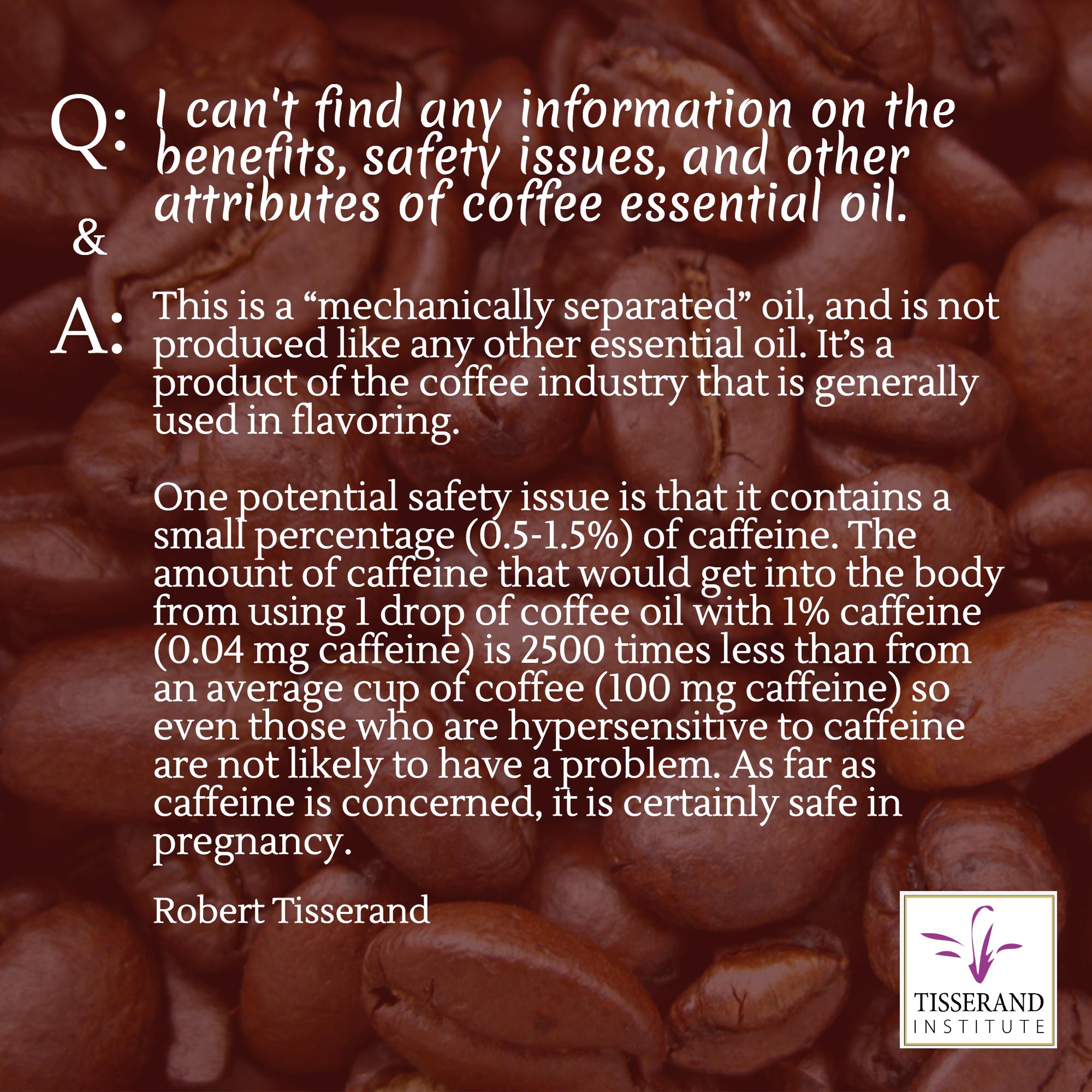
by Tisserand Institute | Mar 8, 2017
It’s Q&A Tuesday! Question (by Liane Reimer): I can’t find any information on the benefits, safety issues, and other attributes of coffee essential oil. Answer: If you like the smell of coffee, you will probably like coffee oil. This is a “mechanically...







